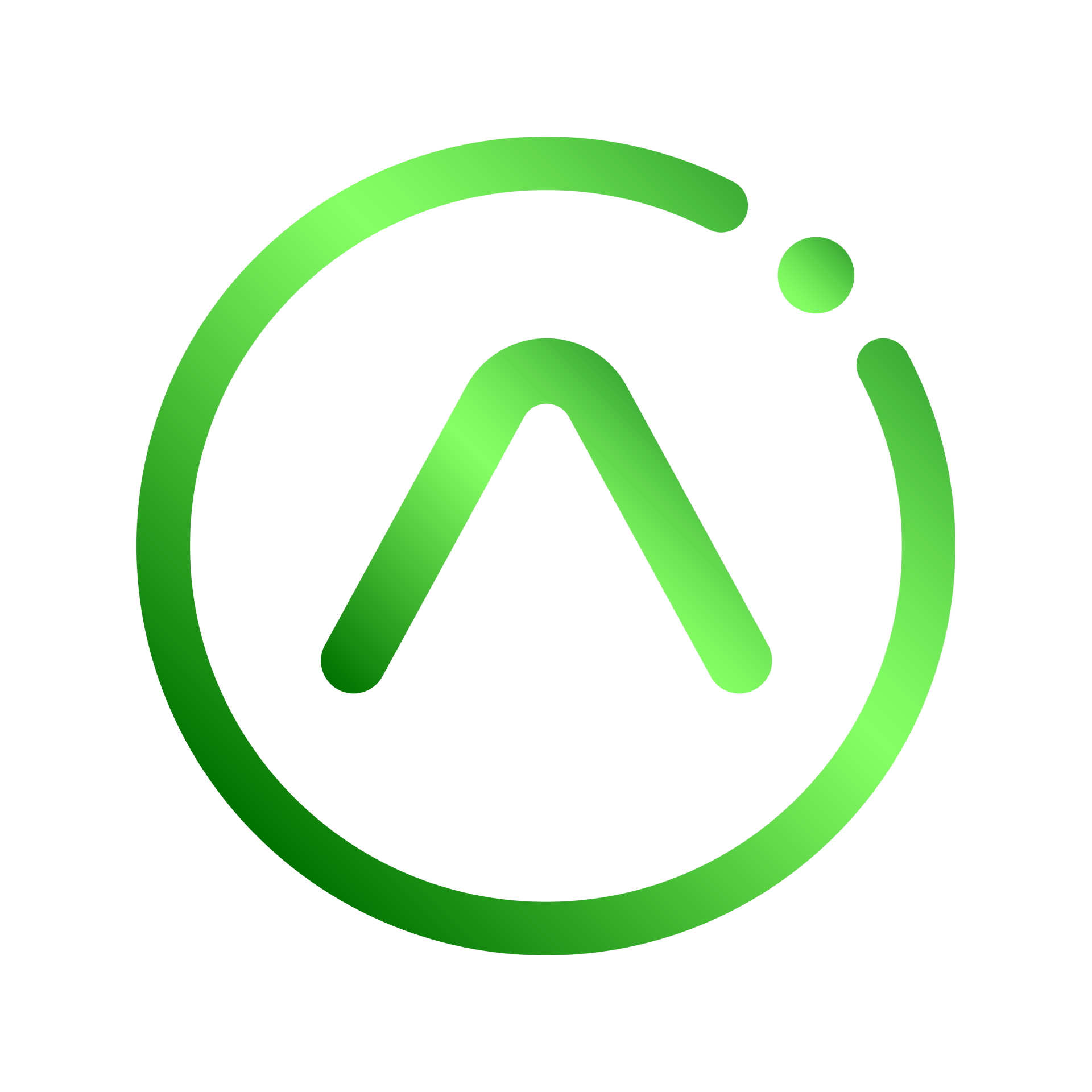Information & Communication Technology
Bachelor of Science in Information and Communication Technology
Empowering Tomorrow’s Innovators in the Digital World
Apply Now
NQF Level:
7
Credits:
360
Minimum Duration:
3 years
Faculty:
Department of Information & Communication Technology
Department:
Information and Communication Technology
Accreditation Authority:
Council of Higher Education
Fuel Your Future with the BSc in Information and Communication Technology!
The world is powered by technology and so can your career! The Bachelor of Science in Information & Communication Technology (BSc in ICT) at AIFT equips you with advanced skills to lead in areas like artificial intelligence (AI), cybersecurity, cloud computing, and big data analytics. Over three years, you’ll master cutting-edge tools and techniques to build a career as an AI Software Developer, Cybersecurity Specialist, Cloud Solutions Architect, or ICT Systems Analyst. With practical training, work-integrated learning, and hands-on projects, this degree ensures you're ready for the challenges and opportunities of the Fourth and Fifth Industrial Revolutions.
Why Choose This Qualification?
Master industry-relevant fields such as AI, big data, and cybersecurity while exploring the latest technologies shaping the future. Work on real-world projects, gain practical experience in virtual labs, and participate in industry placements. Develop critical thinking and leadership skills to solve complex ICT challenges with integrity. Progress to Honours or Master’s degrees or move laterally into qualifications like Computer Science or Information Systems. Secure roles in industries ranging from tech startups to multinational corporations, government, healthcare, and beyond.
Admission Requirements.
National Senior Certificate (NSC) at NQF Level 4 with 45% in Mathematics or 60% in Mathematical Literacy, granting access to degree studies with a Bachelor's Pass. NQF Level 5 Higher Certificate in Information Technology, or an equivalent NQF Level 6 Diploma in ICT. Recognition of Prior Learning (RPL): Available to recognize your previous learning.
Qualification Structure.
Dynamic modules covering topics like networking, applications development, cloud computing, big data analytics, and software development projects.
Learning Outcomes.
Solve complex ICT problems using advanced critical-thinking and problem-solving skills. Design and manage innovative ICT systems that meet organizational needs. Communicate technical ideas effectively to diverse audiences. Demonstrate leadership and ethical practices in ICT. Adapt to emerging technologies, ensuring relevance in the evolving ICT landscape.
International Comparability.
The BSc in ICT aligns with global programs such as those at MIT (USA), Western Sydney University (Australia), University of Nairobi (Kenya), and University of London (UK), ensuring graduates are competitive in global ICT markets.
Qualification Modes of Delivery and Support.
Contact Learning, Blended Learning, Distance Learning—all supported by career guidance, digital resources, and virtual/physical labs.
Career Opportunities.
AI Software Developer, Cybersecurity Specialist, Cloud Solutions Architect, ICT Systems Analyst, Big Data Analyst.
Articulation Options.
Honours Degrees (NQF Level 8): Specialize in ICT or related fields. Postgraduate Diplomas (NQF Level 8): Expand expertise in cybersecurity, AI, or data science. Master’s Degrees (NQF Level 9): Deepen knowledge and skills for leadership roles in ICT.
Ensure Compliance, Empower Financial Accuracy.
Council of Higher Education




